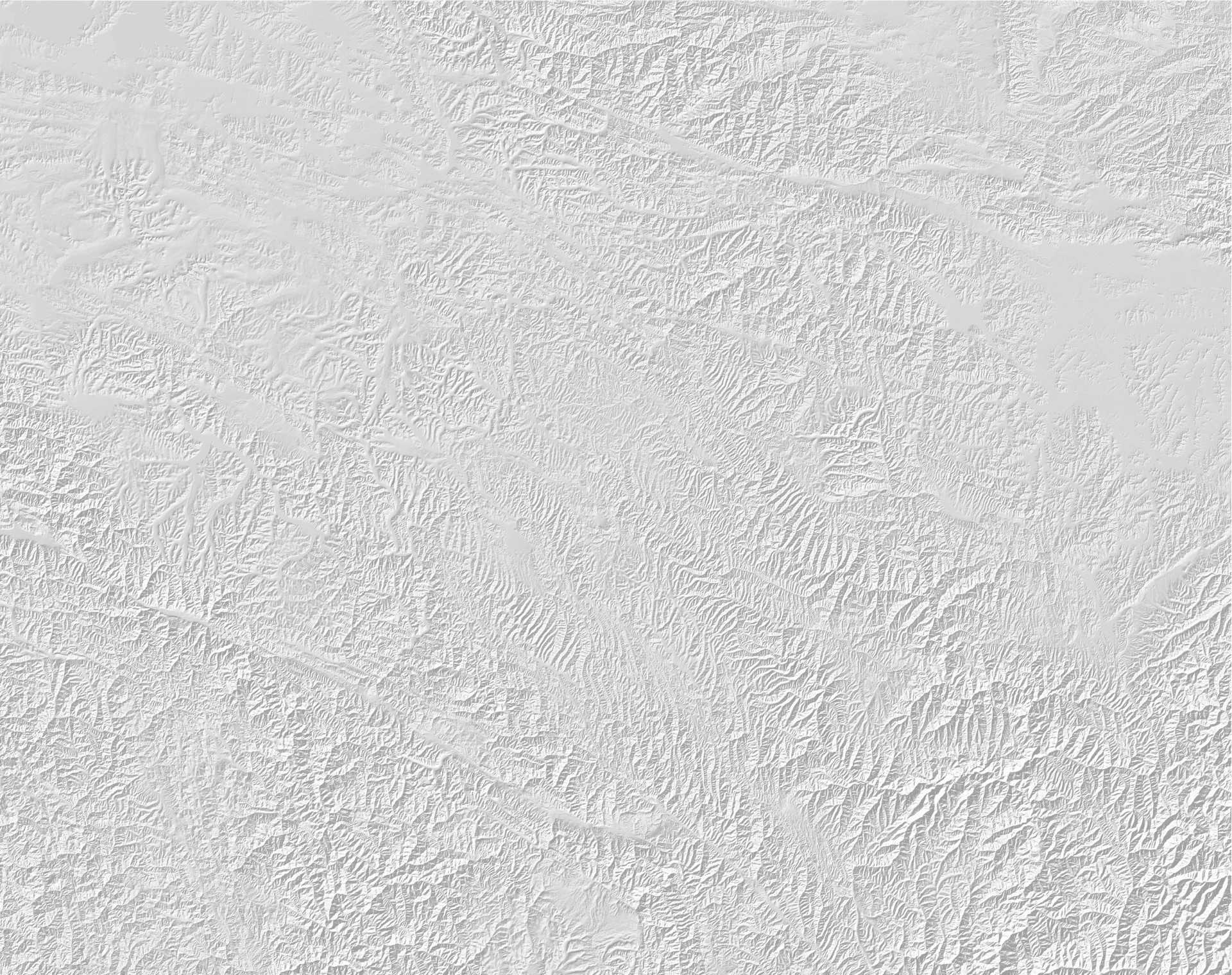We are recruiting a post-doctoral researcher to work on earthquake-induced landslides
Professor Alex Densmore and I are currently recruiting a Post-Doctoral researcher to work with us on a project on earthquake-induced landslides. This post, which will start on 1st October 2013, is a two month position that is part of the consortium team on the ‘Earthquakes Without Frontiers’ project that is featured on this blog, funded by the NERC-ESRC Increasing Resilience to Natural Hazards Programme. As a reminder, the aim of the EWF project is to increase resilience to continental earthquakes across the Alpine-Himalayan mountain chain, through a linked trans-disciplinary partnership of physical scientists, social scientists, policy specialists, and regional and national partner organisations. This involves:
- Characterisation of the physical earthquake hazard across the region, including better understanding of the locations of active faults and strain accumulation, as well as better assessment of the likely locations, extent, and long-term impacts of secondary hazards such as landsliding;
- Assessment of pathways to resilience in the partner countries, including a full mapping of the societal, cultural, economic, and governance factors that enhance or erode resilience along with an understanding of existing efforts to build resilience and the ways in which that information has been used;
- Development of effective policy and strategies for intervention to increase resilience to future damaging earthquakes.
This new post will contribute primarily to aspect (i), and will focus in particular on delivering an enhanced understanding of coseismic landsliding, and of new web-based forecasting tools for end-users. This work will comprise two separate strands:
1. Development of a process-based approach to the forecasting of coseismic landslides that improves upon current empirical approaches; and
2. Construction of a novel tool for tracking the temporal evolution of landslide material.
The work will be focused on three primary field areas: Nepal and northern India; southern Kazakhstan; and central China. The post-holder will be based in the Department of Geography, Durham University, but will be expected to work closely with team members at the other institutions within the consortium (Cambridge, Oxford, Leeds, Hull, Northumbria, the British Geological Survey, and the Overseas Development Institute), as well as with wider members of the partnership.
Full details of the post are available on the Durham University jobs website: http://www.dur.ac.uk/jobs/ or please feel free to email me at: d.n.petley@durham.ac.uk






Reblogged this on Institute of Hazard, Risk and Resilience Blog.